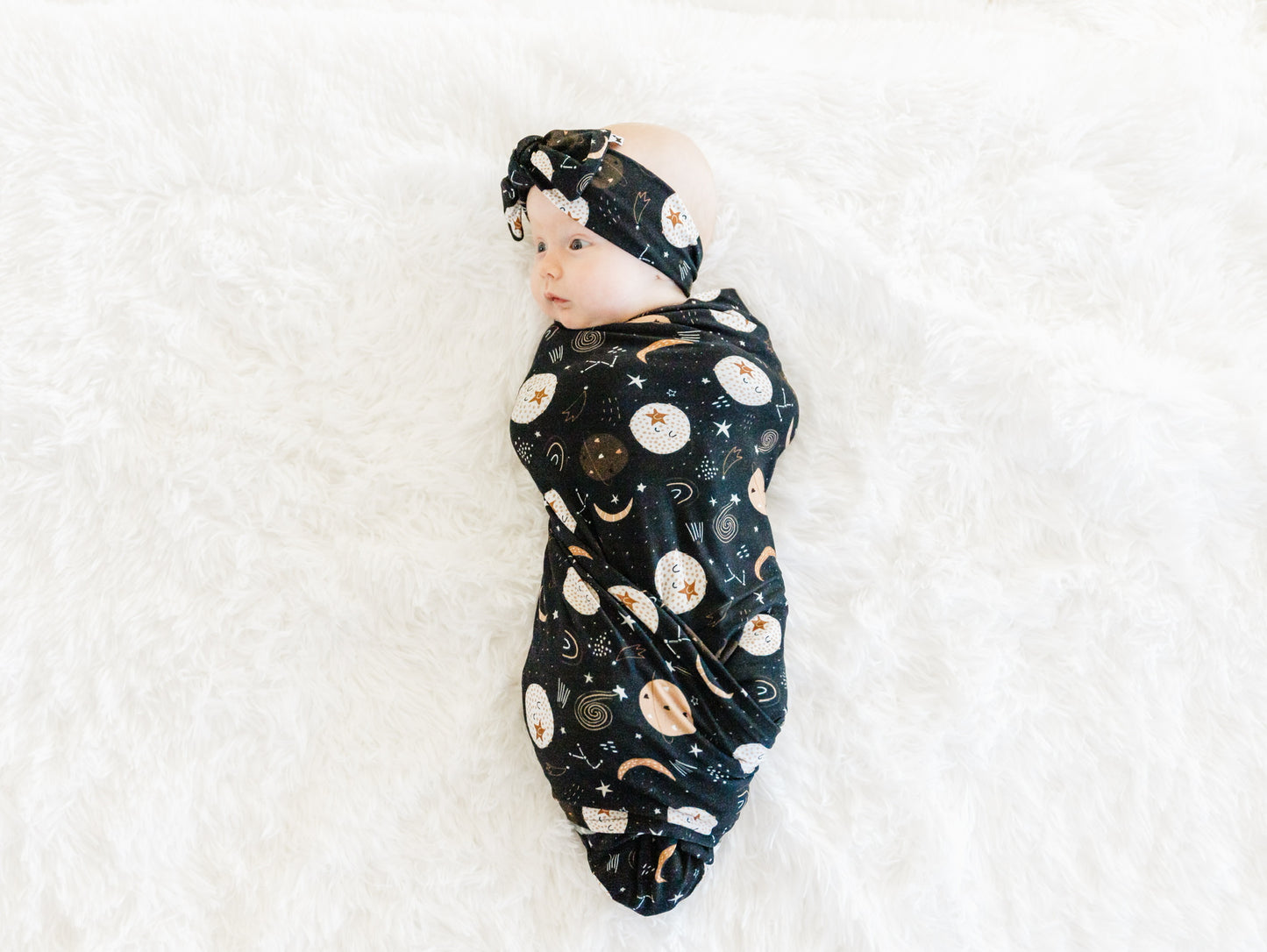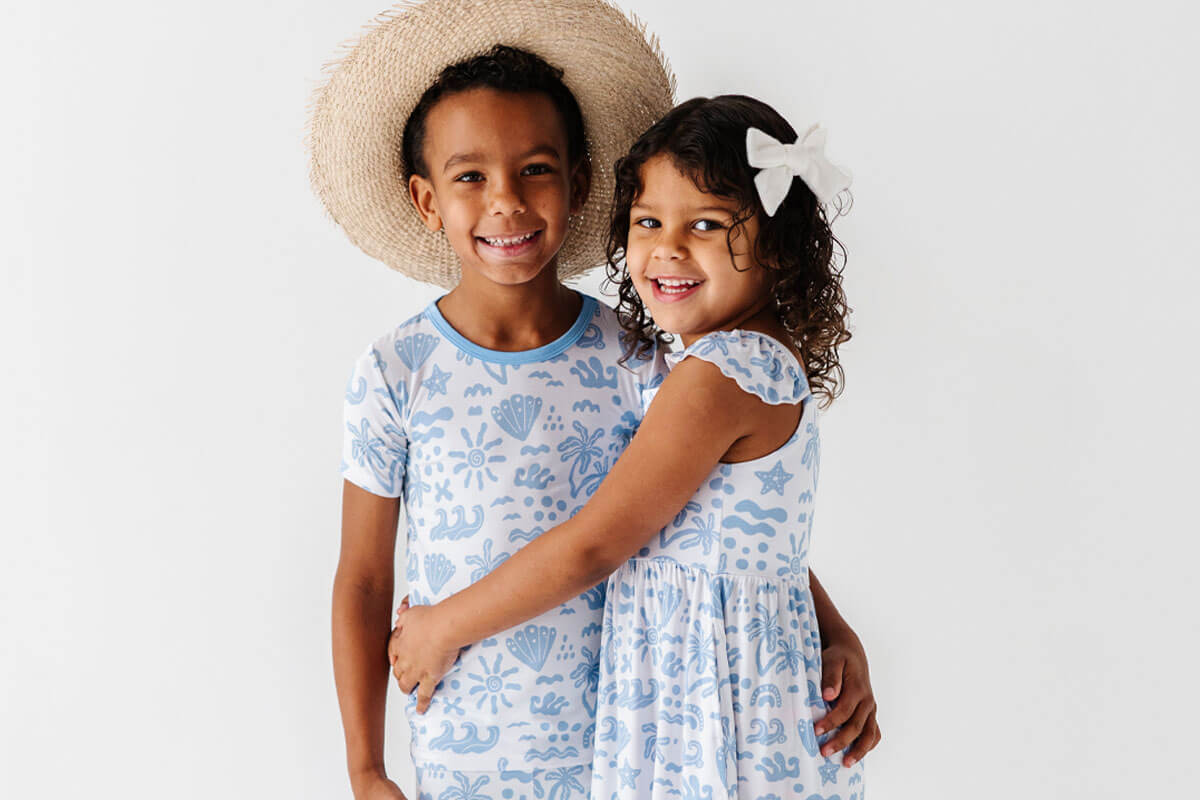
Getting your little one off to bed every night can be a struggle. If sleep is hard at your house, know that you aren’t alone! We chatted with a pediatric sleep consultant and mama of two, Sam Selzer of Sweet Little Sleeps, on some tips for your little one’s bedtime. Here’s what she has to say.

Let’s face it- kids love routine. If you haven’t started a nightly routine yet, or you’ve fallen out of the routine with the craziness of life lately, bedtime is a perfect place to start! Establishing a consistent bedtime routine each night is the first step you can take for setting your child up for sleep success. And I’d be lying if I said I didn’t count down the minutes until bedtime (aka “me time”) some days…
Let’s talk about some of the common questions around your little one’s bedtime.
At what age should we start having a bedtime?
Around 6-8 weeks old is a great time to start implementing a bedtime. This is because their circadian system is maturing, and their body is learning to be tired around sunset. You should take your baby through a similar routine each night to cue them that sleep is coming. Make sure you keep something in between feeding and placing baby in their sleeping space to ensure they do not develop a feed-to-sleep association. At this young age, you want to place baby in their sleeping space drowsy, but still awake to start working on having them fall asleep independently. If your little one tends to doze off during feeding every night, try leaving the sound machine off and the light on during feeding.
What time should my little one’s bedtime be?
For babies between 0 and 12 months, a bedtime between 6:30pm and 7:30pm works best. The most important thing is to keep a consistent bedtime every day. Keep in mind the age-appropriate wake window for your little one between the last nap ending and their bedtime. This means that you may need to wake your little one from their last nap to have enough awake time before bedtime.

For toddlers who are still napping, you want to aim for a bedtime between 4.5-5.5 hours after their nap ends. This means you may consider capping their nap to preserve their desired bedtime.
For a preschool aged child who is no longer napping, a bedtime between 7pm and 8pm works great. For example, your 3-year-old may have been going to bed at 8pm, but once they are no longer napping, you need to move bedtime back up to 7pm to allow for 12 hours of overnight sleep.
How long should the bedtime routine take?
Anywhere from 20-30 minutes is how long most families spend settling down and completing a bedtime routine. Take time to give your child your full attention and “fill their cup” before putting them in bed. You don’t want it to feel rushed. Think about how much easier it is for you to fall asleep when you go to bed happy! Keep in mind that for a newborn, bedtime will take longer if feedings are taking 20-30 minutes. Make sure you leave enough time in their wake window for a 30–45-minute bedtime routine.
What should my child’s bedtime routine look like?
Your bedtime routine should include calming activities such as reading books and singing songs. A warm bath, lotion, and your Kiki + Lulu jammies can help get your little one relaxed and ready for sleeping. Each family will find what works best for them, but here a couple of examples of what this could look like at each age.



If you’re looking for more support on your little one’s sleep, check out Sam’s website for more resources or follow along @sweetlittlesleeps on Instagram!



